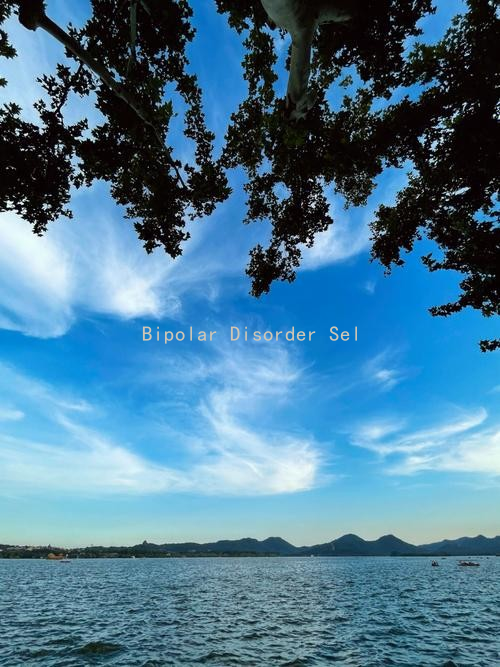Bipolar Disorder Self-Assessment: Key Insights for Strengthening Your Relationship
Bipolar Disorder Self-Assessment: Key Insights for Strengthening Your Relationship
Navigating the complexities of a relationship can be particularly challenging when one partner is living with bipolar disorder. Understanding the nature of this mental health condition, recognizing its impact on relationship dynamics, and employing effective communication strategies are crucial for fostering love, empathy, and stability. In this article, we explore key insights for both partners that can enhance understanding and strengthen bonds amidst the challenges posed by bipolar disorder.
Understanding Bipolar Disorder
Bipolar disorder is characterized by significant mood swings that can include emotional highs (mania or hypomania) and lows (depression). While these fluctuations can profoundly affect a persons emotional state and behavior, it is important to realize that they are not inherently reflective of the individual’s character or worth. Acknowledging this distinction can help cultivate empathy in relationships and encourage open, honest discussions about experiences and feelings.
Self-Assessment for Couples
1. Identify Triggers and Patterns: It’s essential for both partners to understand the signs of mood shifts. Keeping track of these changes through journaling can provide insight into patterns and triggers that precipitate manic or depressive episodes. This awareness allows couples to anticipate difficult periods and plan for them accordingly.
2. Emotional Check-ins: Regularly scheduled emotional check-ins can be invaluable. Set aside time to discuss feelings, thoughts, and experiences. This practice not only helps in identifying potential mood shifts early on but also reinforces emotional intimacy and support in the relationship.
3. Evaluate Communication Styles: How partners communicate can greatly impact the health of the relationship, especially during emotional fluctuations. Partners should assess their communication styles and strive for techniques that promote clarity, patience, and understanding. Active listening and affirming each others feelings can go a long way in fostering an environment of support.
4. Set Boundaries Together: Discuss and establish healthy boundaries around behaviors that might arise during mood swings. This includes setting guidelines for handling conflicts, sharing responsibilities, and knowing when to seek outside help. Establishing these boundaries can help both partners feel safe and respected during difficult times.

5. Encourage Professional Help: Encouraging the partner with bipolar disorder to seek therapy or counseling can be beneficial. Couples therapy may also provide a safe space for addressing relationship-specific challenges. Being open to professional guidance can show a commitment to the relationship and a desire to work through difficulties together.
Building a Supportive Environment
1. Educate Yourselves: Both partners should invest time in learning about bipolar disorder. Understanding its symptoms, treatment options, and potential impact on interpersonal relations can remove stigma and foster a united front in dealing with challenges.
2. Practice Patience and Compassion: Remember that bipolar disorder is a mental illness requiring patience and compassion. During manic or depressive episodes, behaviors may not be reflective of the individual’s character. Offering understanding and support, rather than judgment, can help tremendously in managing these challenges.
3. Celebrate Stability: Acknowledge and celebrate periods of stability. Recognizing and rewarding good days strengthens the relationship and reassures both partners that positive periods can be enjoyed and valued.
4. Develop Coping Strategies: Work together to create coping mechanisms for managing stress during challenging times. This may include practicing mindfulness, engaging in regular physical activity, or establishing routines that promote emotional well-being.
5. Focus on Teamwork: Recognize that you are in this together. Approach challenges as a team rather than adversaries. Collaborating to tackle issues reinforces trust and unity in the relationship.
In conclusion, a relationship affected by bipolar disorder requires commitment, understanding, and mutual effort. By engaging in self-assessment and implementing strategies to strengthen communication and connection, couples can fortify their bond and navigate the emotional terrain of bipolar disorder together. With love, patience, and education, it is possible to create a fulfilling and resilient partnership.





